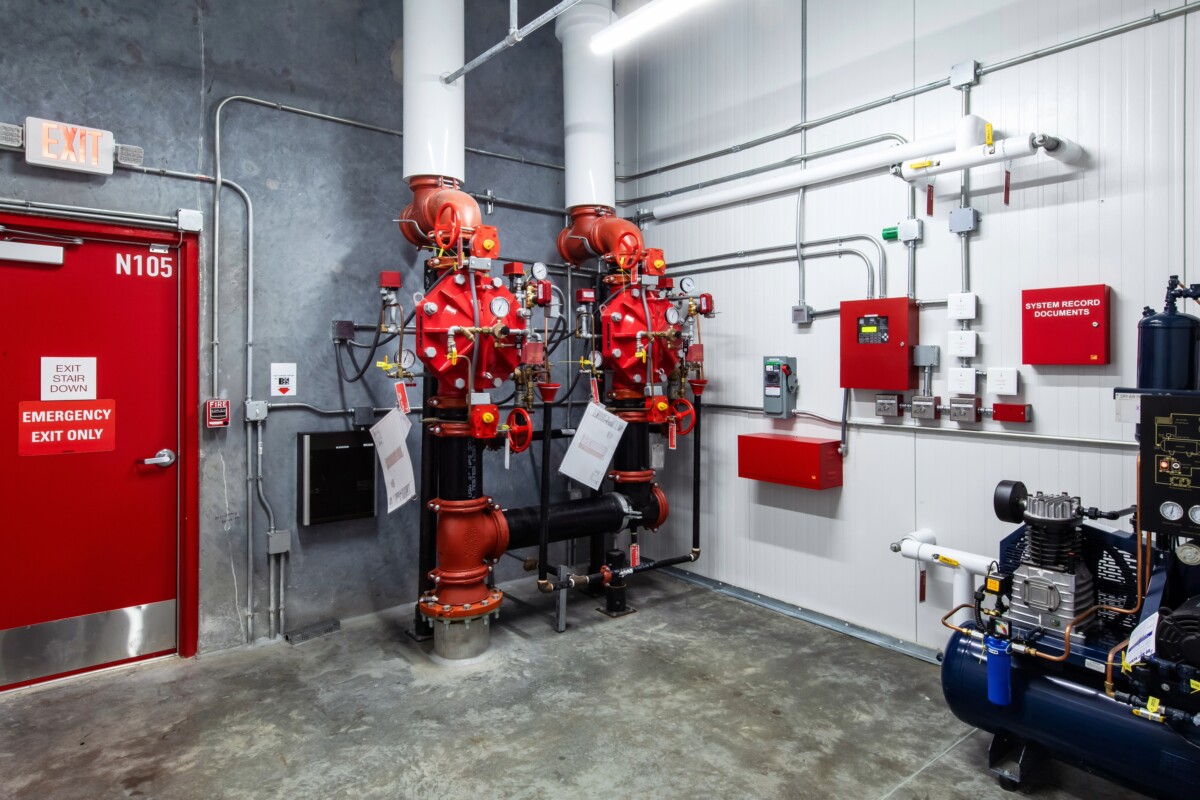Key Takeaways
- Use industrial ball valves to cut water waste, protect equipment, and lower costs so your operation stays lean and competitive.
- Match valve type to your system by checking pipe size, pressure, fluid, and material (like PVC for corrosion resistance), then set a routine for inspection and lubrication.
- Keep flows steady to make work safer, reduce stress for your team, and deliver more consistent product quality.
- Enjoy quick quarter-turn control that gives fast shutoff, low leakage, and easy real-time tweaks when production needs change.
There are various challenges in ensuring small manufacturers can maintain smooth production processes, and one important aspect to consider is water flow control.
Proper management of water systems can impact equipment performance, product quality, and overall operational efficiency. Industrial ball valves offer an effective way for small manufacturers to control water flow and reduce operational issues. Using these valves allows manufacturers to precisely regulate water usage within their facilities. This not only ensures stable production but also prevents damage to machinery caused by pressure fluctuations or water overflows. Implementing practical water flow control techniques can lead to lower maintenance costs and higher business operational availability.
Understanding Industrial Ball Valves
Industrial ball valves are meant to manage the movement of liquids by the use of a rotating ball that has a hole at the center. Water flows freely when it is aligned to the pipe and no longer flows when it is turned perpendicular. This low-cost and at the same time efficient system makes ball valves the best choice when small manufacturers require reliability in their water systems besides making them easy to use.
Industrial ball valves are made in such a way that they have a quick shutoff with minimum leakage which is very essential in a manufacturing setting where one needs precision. Some of the materials used include PVC Ball Valves, which offer resistance to corrosion and last long especially when the quality of water or chemical additives in the activities is varied and the scale of the operations is minimal. The choice of the appropriate valve material will guarantee the durability and minimize the number of replacements.
Benefits Of Precise Water Flow Control
Water flow regulation can improve production quality by maintaining consistent temperature and pressure in water-dependent equipment. Variations in flow may impact product consistency and performance in processes such as cooling, cleaning, or mixing. Industrial ball valves help small manufacturers regulate flow rates and respond to process needs without shutdown. Additionally, careful control of water flow can lead to significant savings. Waste or overuse of water not only increases utility costs but also accelerates equipment wear. Strategic placement of ball valves allows manufacturers to optimize water use, reduce waste, and extend the lifespan of their machinery.
Installation And Maintenance Considerations
Installation of industrial ball valves requires careful planning to ensure they fit properly with existing pipelines. Small manufacturers should evaluate the pipe size, the needed pressure, and the type of water being used to select the correct valve. Proper installation is crucial to prevent leaks and ensure efficient operation.
These valves are generally easy to maintain, with lubricated and regularly checked moving parts to keep them functioning smoothly. PVC Ball Valves, in particular, demand low maintenance and can resist most common chemical exposures. Regular inspections help manufacturers detect potential issues early, reducing unexpected downtime and supporting smooth operation.
Enhancing Operational Efficiency
Industrial ball valves also improve overall operational efficiency by enabling quick responses to changing production needs. Operators can regulate water flow in real time, which enhances process control and reduces delays caused by manual operations and less efficient valves. This flexibility is especially beneficial for smaller manufacturers that frequently switch between different products or production lines. Additionally, proper flow regulation decreases the risk of equipment and water-related accidents. It prevents leaks, bursts, or pressure spikes, ensuring a safer work environment and maintaining stable process conditions. The reliable performance of industrial ball valves allows manufacturers to focus on their core production activities without constantly worrying about the water system’s effectiveness.
Choosing The Right Solutions
When selecting industrial ball valves, it is important to consider performance requirements and material compatibility. Decisions should be based on factors such as pressure tolerance, temperature range, and water chemical composition. To improve manufacturing precision, manufacturers can also utilize automation to reduce manual labor.
Investing in quality valves is a long-term strategy that can yield measurable benefits in efficiency and cost savings. Smaller manufacturers focusing on water flow control can achieve smoother and more precise control of production, lower maintenance risks, and maintain higher operational consistency. Solutions like PVC Ball Valves provide a balanced combination of durability, performance, and affordability, meeting various manufacturing application needs.
Conclusion
Effective management of water flow is a vital aspect of small industries. Industrial ball valves offer a reliable and efficient way to control water flow, helping stabilize processes, extend equipment lifespan, and improve efficiency. Manufacturers can make well-informed decisions by understanding the benefits, installation procedures, and maintenance requirements that can enhance productivity and reduce costs.
By choosing and applying the right ball valves, even small manufacturers can achieve precise control over water systems. This ensures that product manufacturing proceeds smoothly and remains stable. The result is safer, more efficient, and more cost-effective manufacturing processes.




